Browse our archives by topic…
Blog
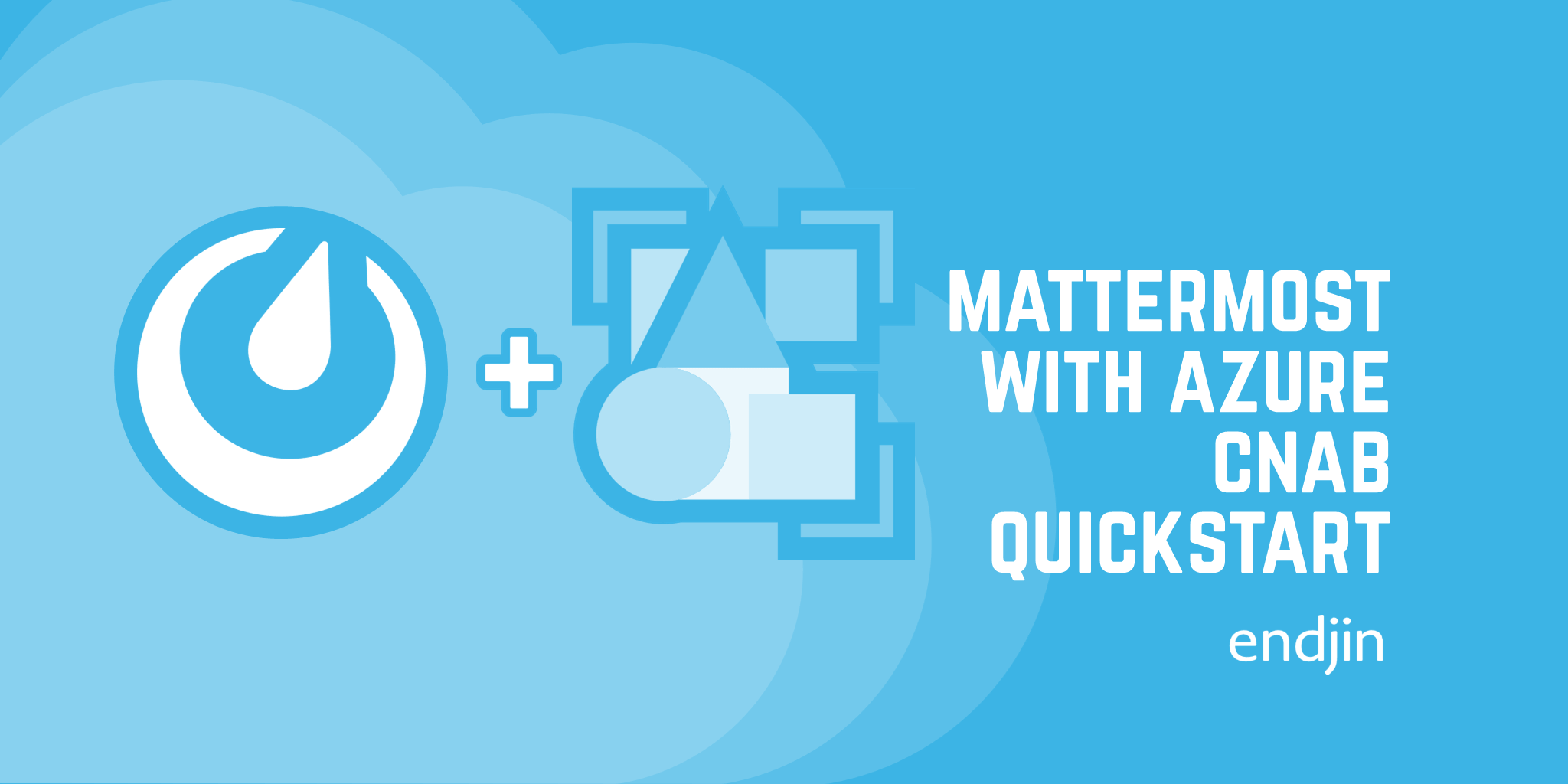
Installing Mattermost using the Azure CNAB Quickstart Library
Get started with Mattermost on Azure using the Mattermost on AKS quickstart from the Azure CNAB Quickstart Library.
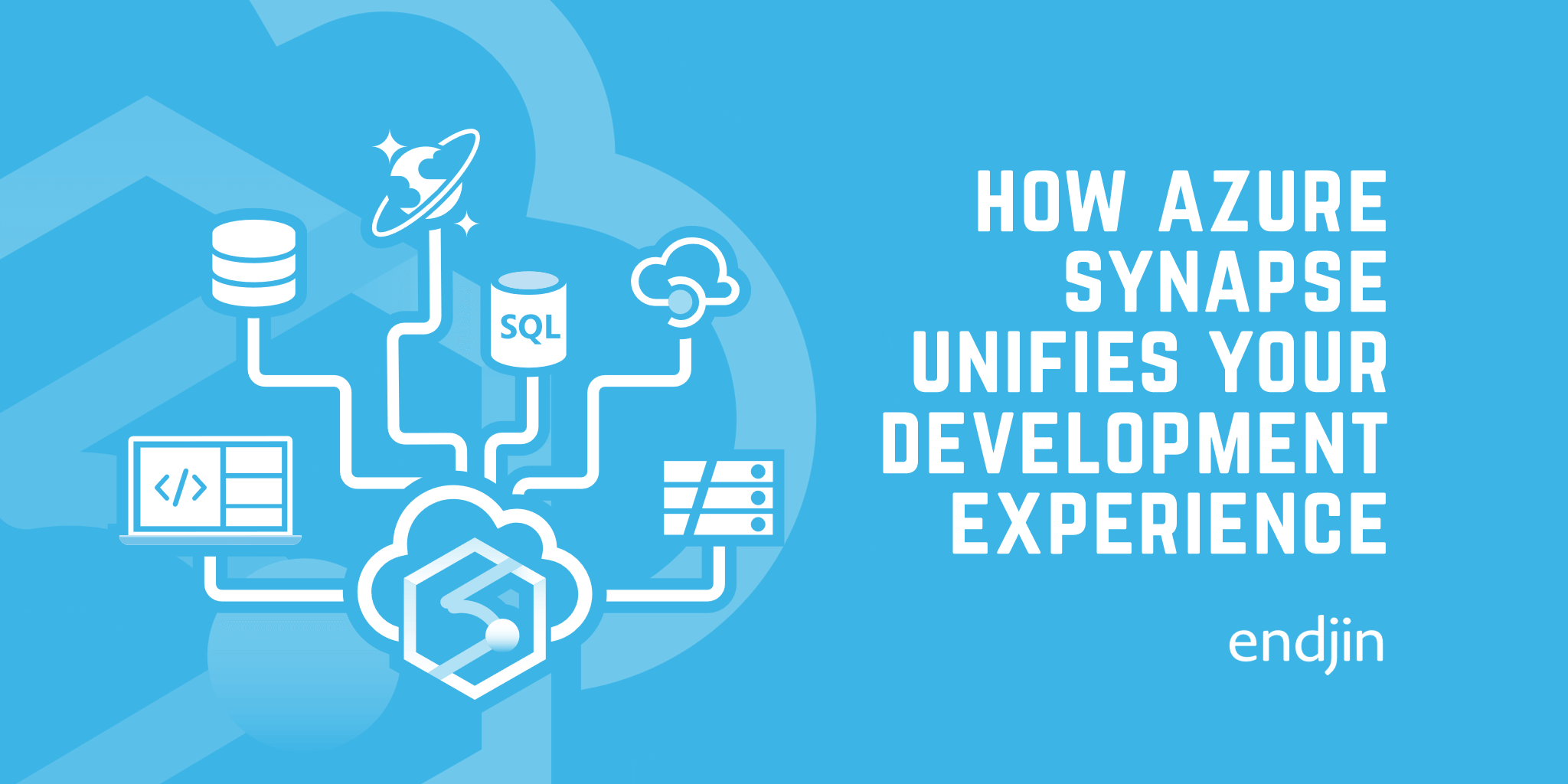
How Azure Synapse unifies your development experience
Modern analytics requires a multi-faceted approach, which can cause integration headaches. Azure Synapse's Swiss army knife approach can remove a lot of friction.

Design patterns in C# - The Proxy Pattern
Explore the proxy pattern in this blog post, a design pattern used for controlling access to underlying objects and remote server communication.
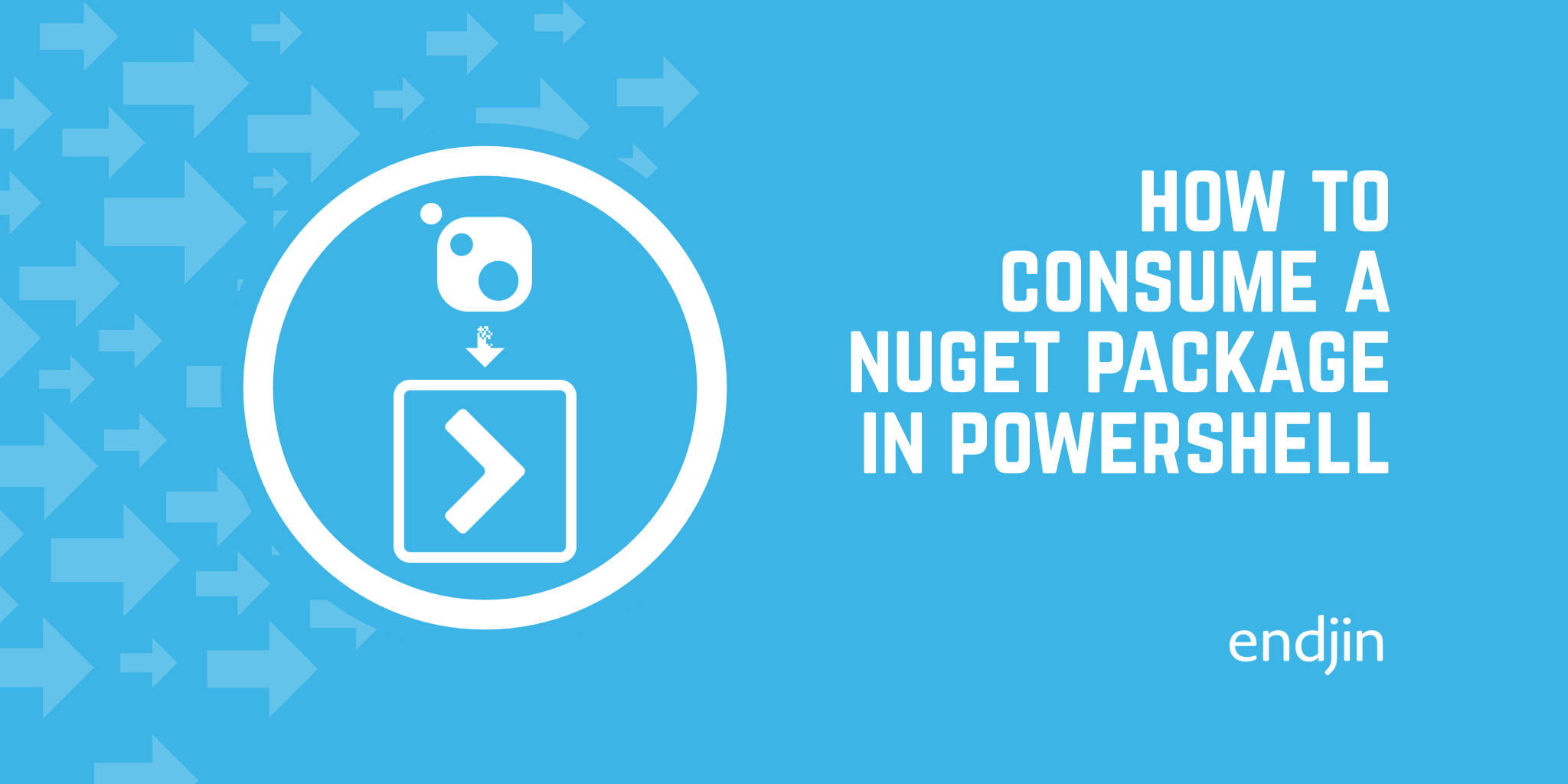
How to consume a NuGet package in PowerShell
Learn how to import .NET packages from NuGet into PowerShell and utilize their classes/methods, while avoiding PowerShell NuGet provider pitfalls.
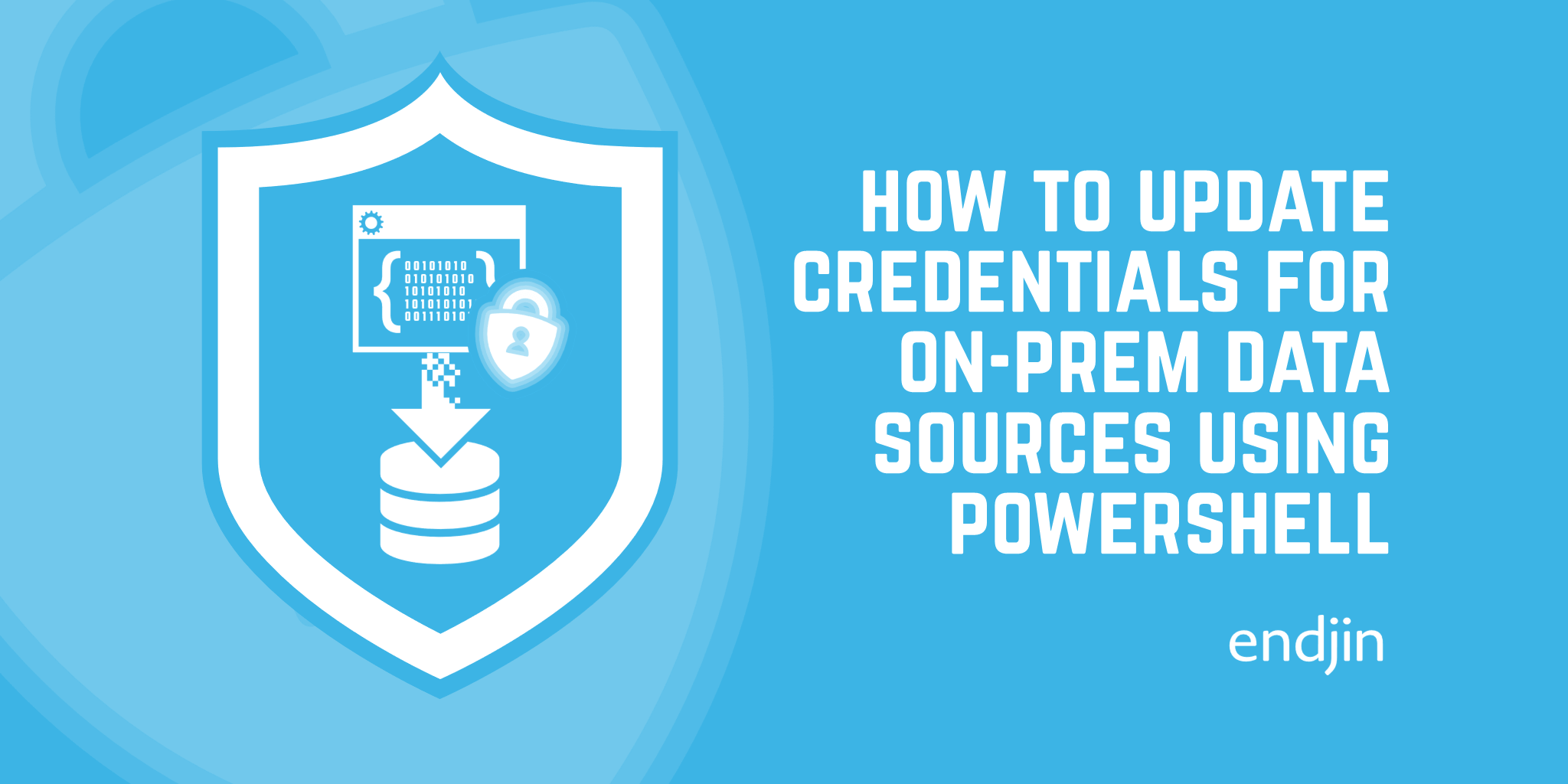
How to update credentials for an on-prem Power BI data source using PowerShell
Learn to automate Power BI data source credential updates using RSA-OAEP encryption and .NET SDK helper classes for on-premises data sources.
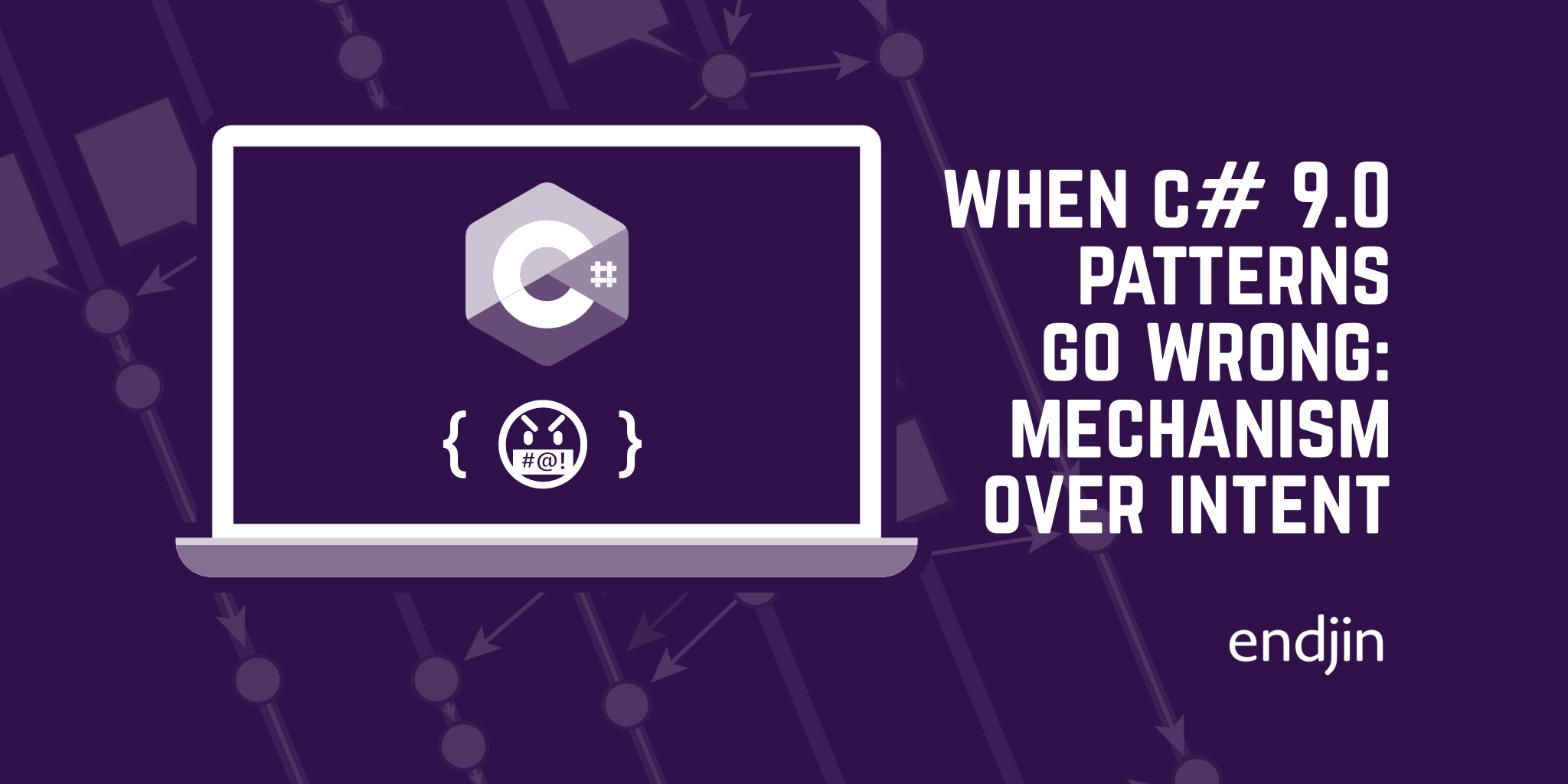
When C# 9.0 patterns go wrong: mechanism over intent
C# 9 enhances pattern matching capabilities. Ian Griffiths advises caution to avoid complexity.
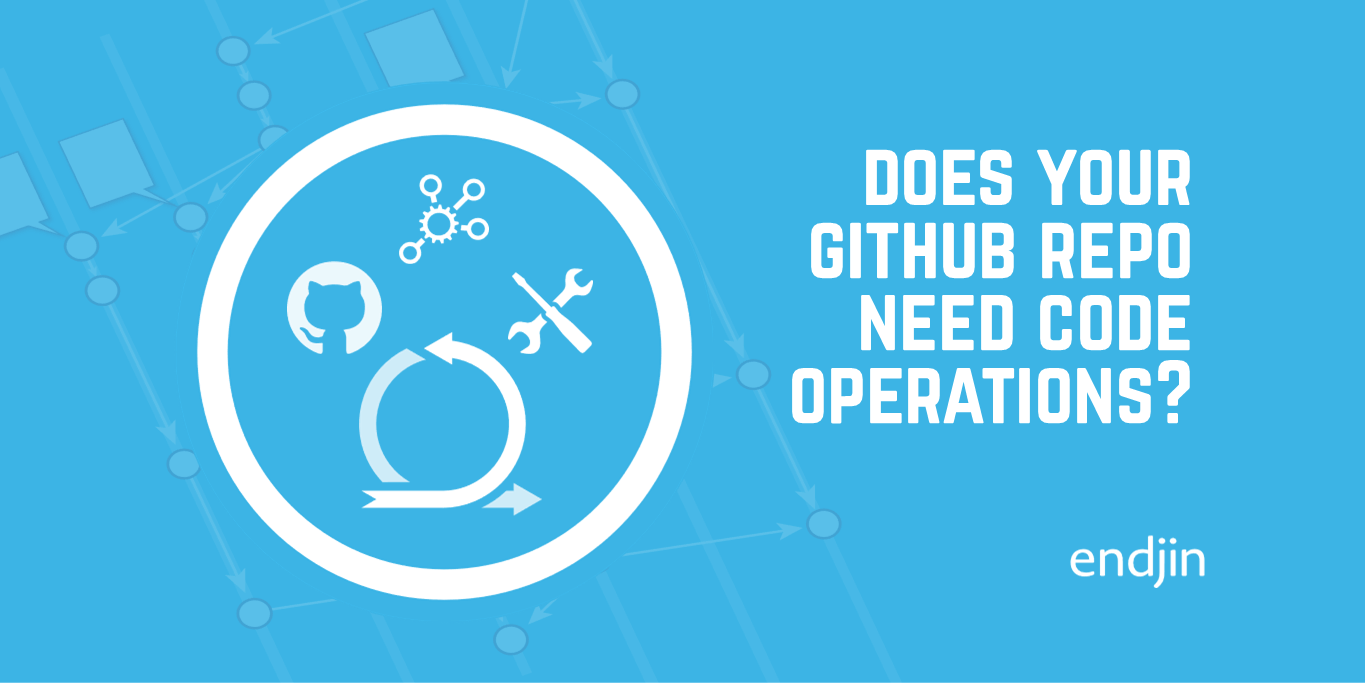
Does your GitHub Repo need 'Code Operations'?
CodeOps enables you to layer standards, automation, and governance to your source control repositories, decreasing manual effort and increasing productivity.

Design patterns in C# - The Facade Pattern
This blog is part of a series around design patterns. This post focuses on the facade pattern. The facade pattern provides an interface into a complex system, in order to simplify access to the functionality.
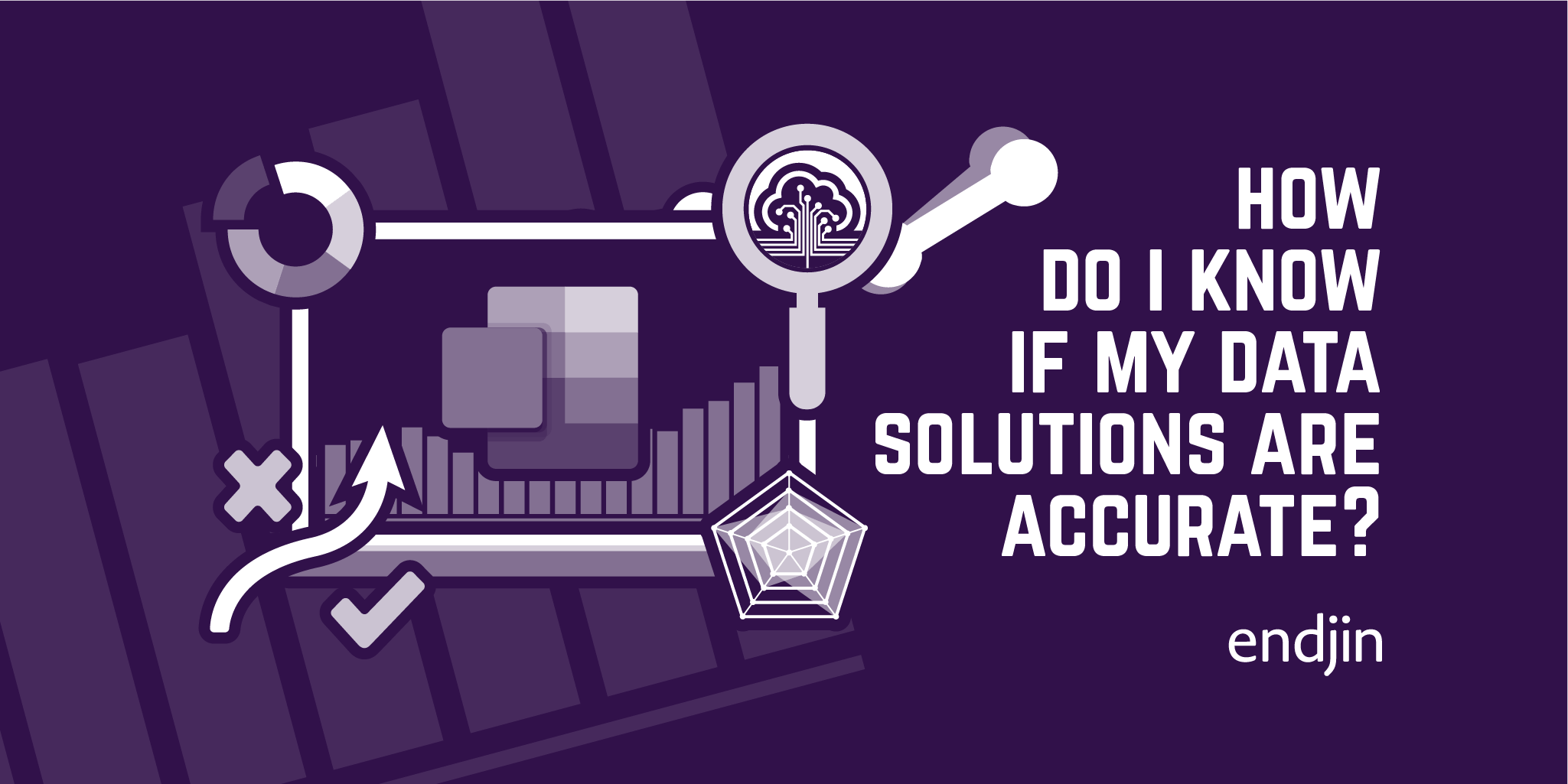
How do I know if my data solutions are accurate?
Data insights are useless, and even dangerous (as we've seen recently at Public Health England) if they can't be trusted. So, the need to validate business rules and security boundaries within a data solution is critical. This post argues that if you're doing anything serious with data, then you should be taking this seriously.
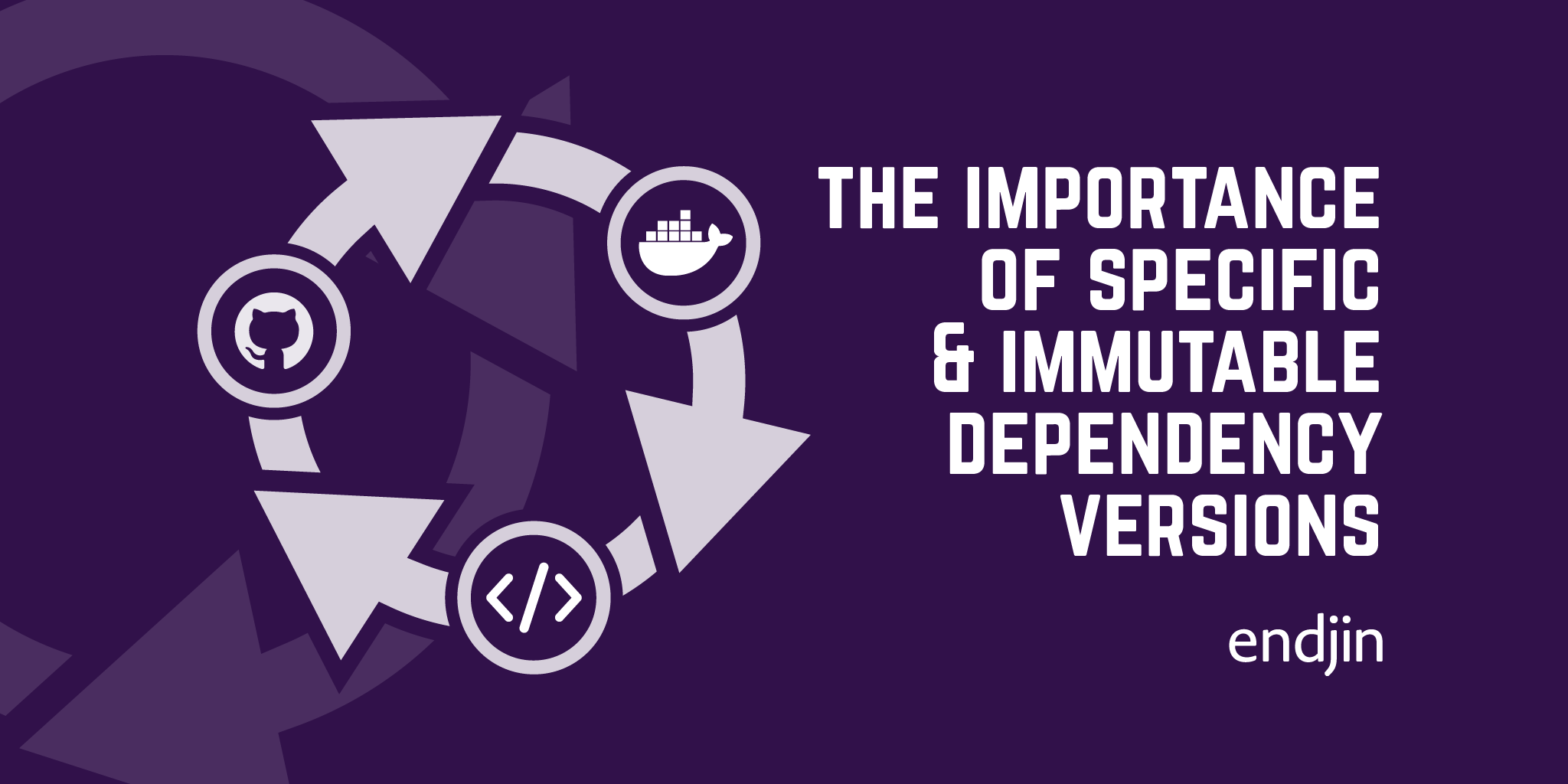
The importance of specific & immutable dependency versions
This post describes the reasons for choosing specific & immutable dependency versions in your software.
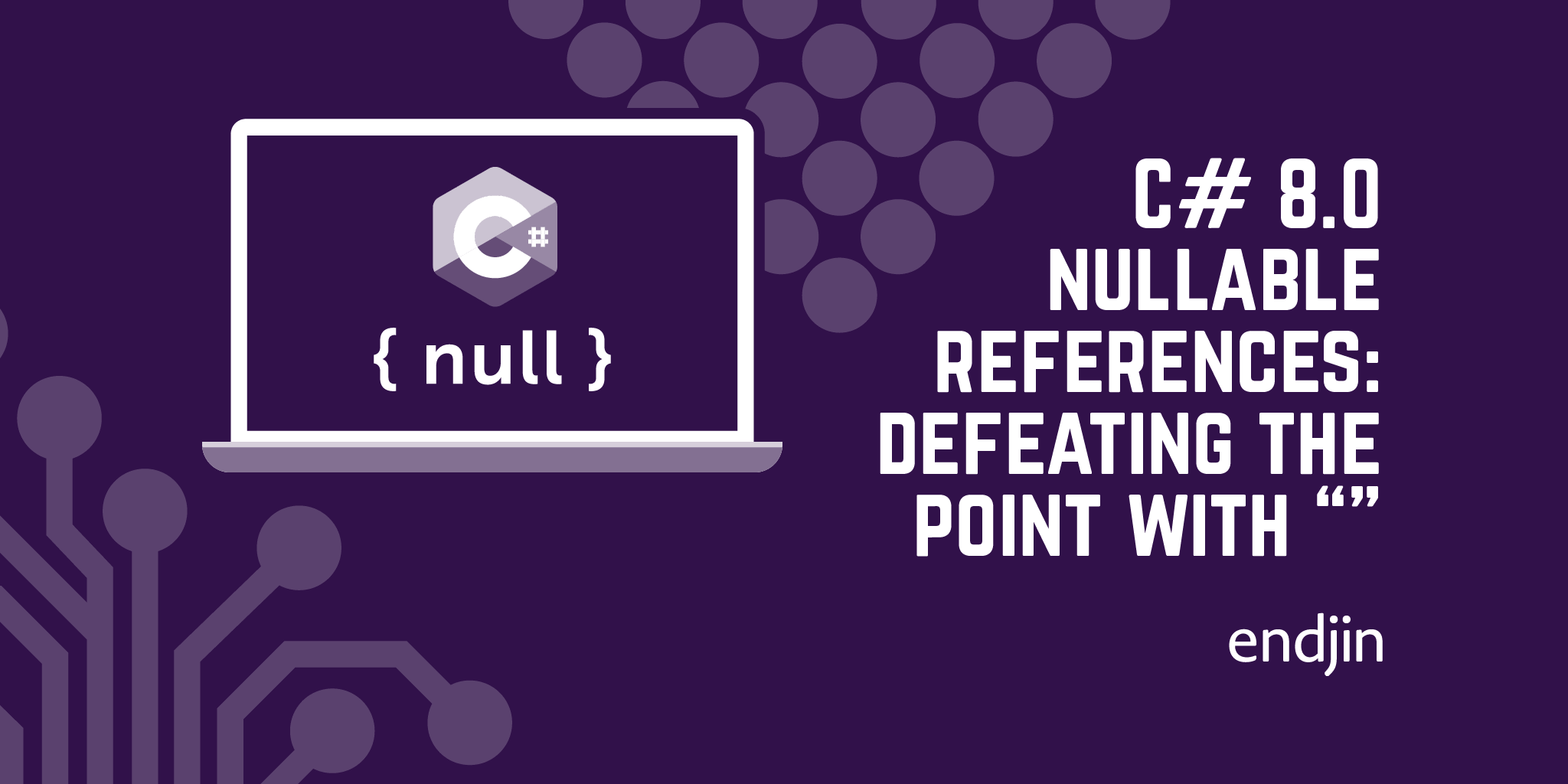
C# 8.0 nullable references: defeating the point with empty strings
Enabling C# 8's nullable references feature often produces a lot of warnings. Avoid the temptation to make some go away by initializing properties to empty strings.
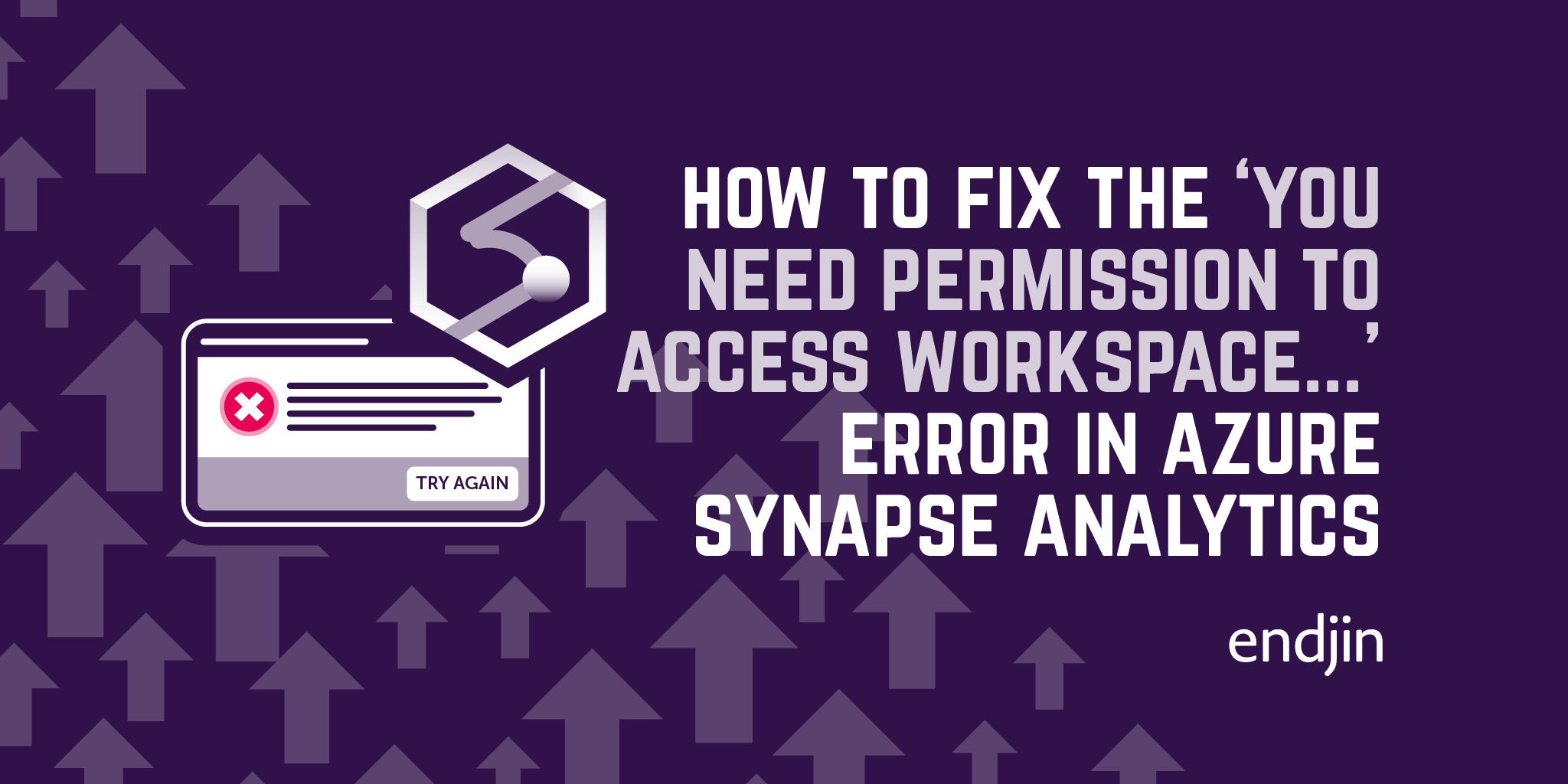
How to fix the "You need permission to access workspace..." error in Azure Synapse Analytics
Fix the "You need permission" error in Azure Synapse Analytics with this guide, addressing its causes and solutions for Data Engineers/Developers.
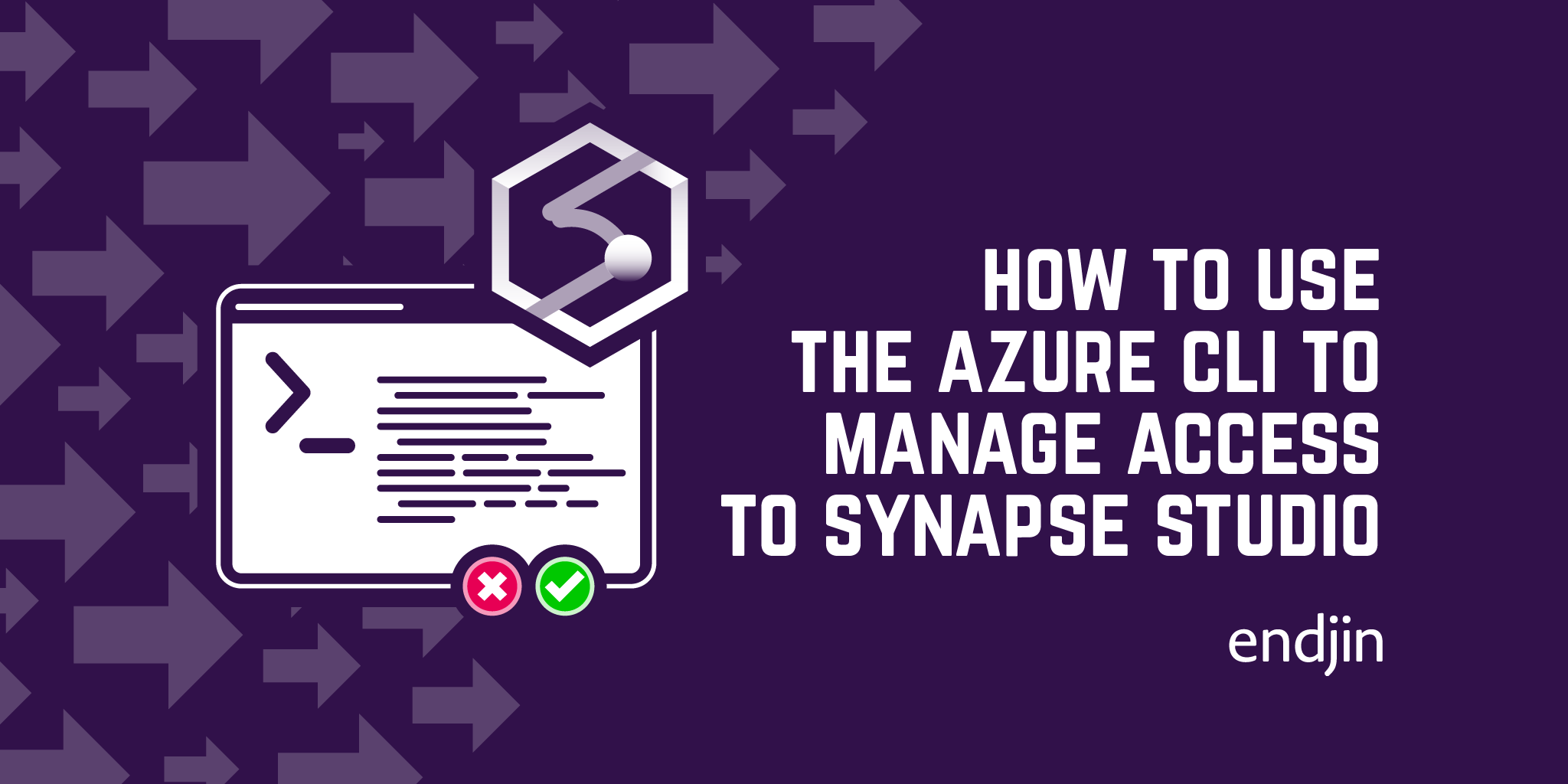
How to use the Azure CLI to manage access to Synapse Studio
Assign roles in Synapse Studio for Azure Synapse Analytics devs using Azure CLI. Accessible by Owners/Contributors of the resource.
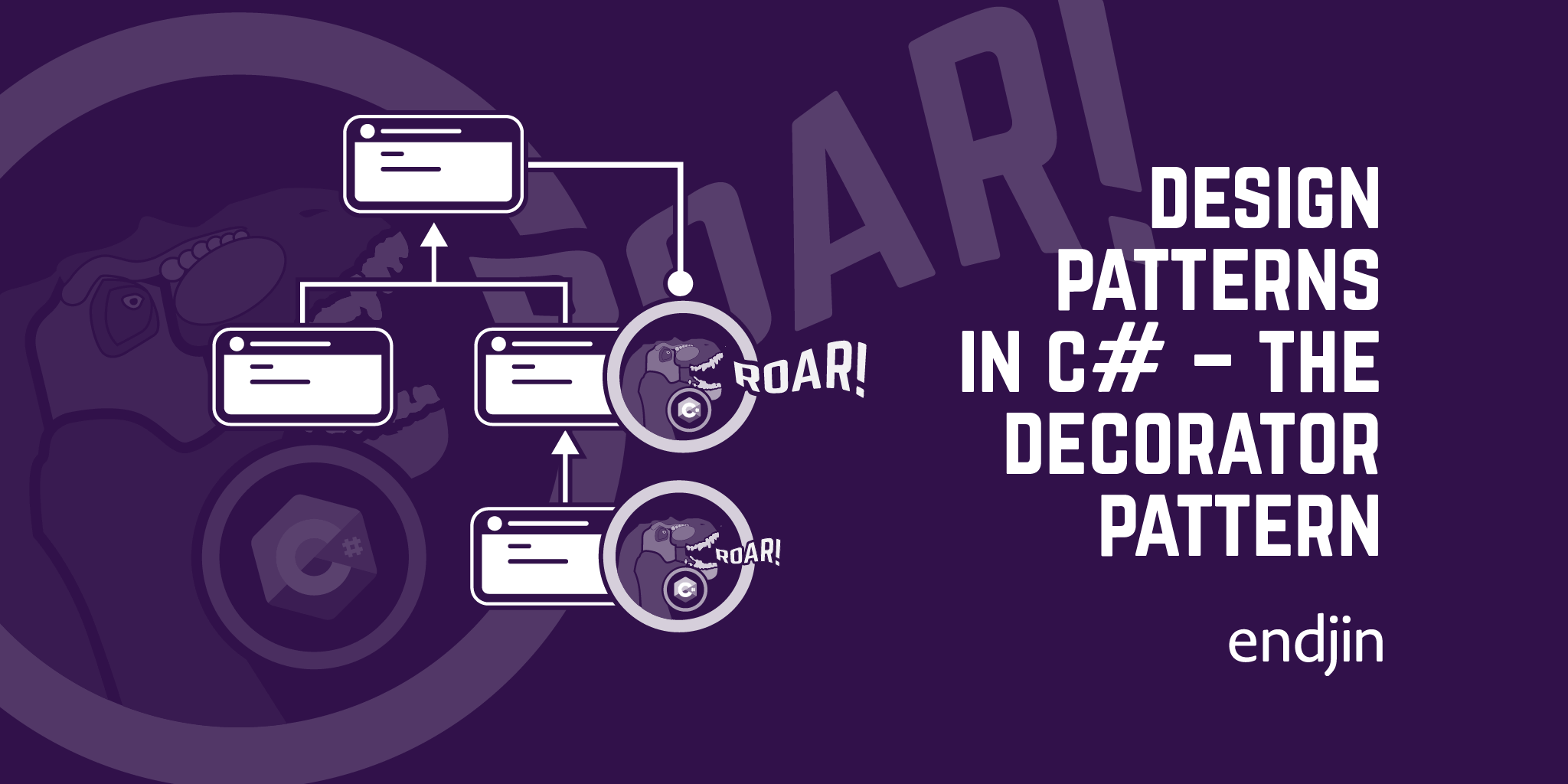
Design patterns in C# - The Decorator Pattern
Investigate the decorator pattern in this blog post, a design pattern used to dynamically enhance object functionality.
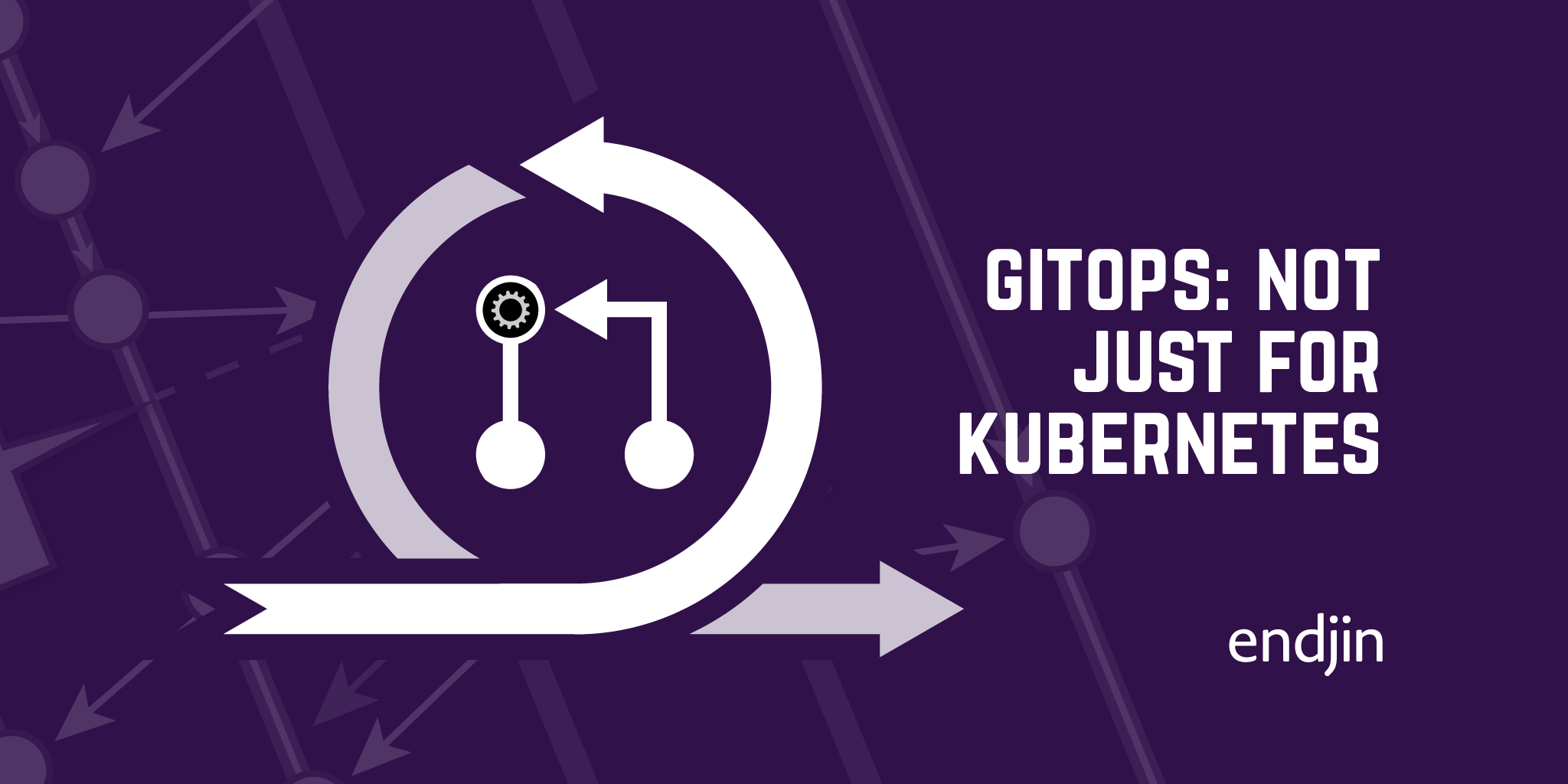
GitOps: Not Just For Kubernetes!
Discover how GitOps, often used for Kubernetes management, can benefit a broader audience.
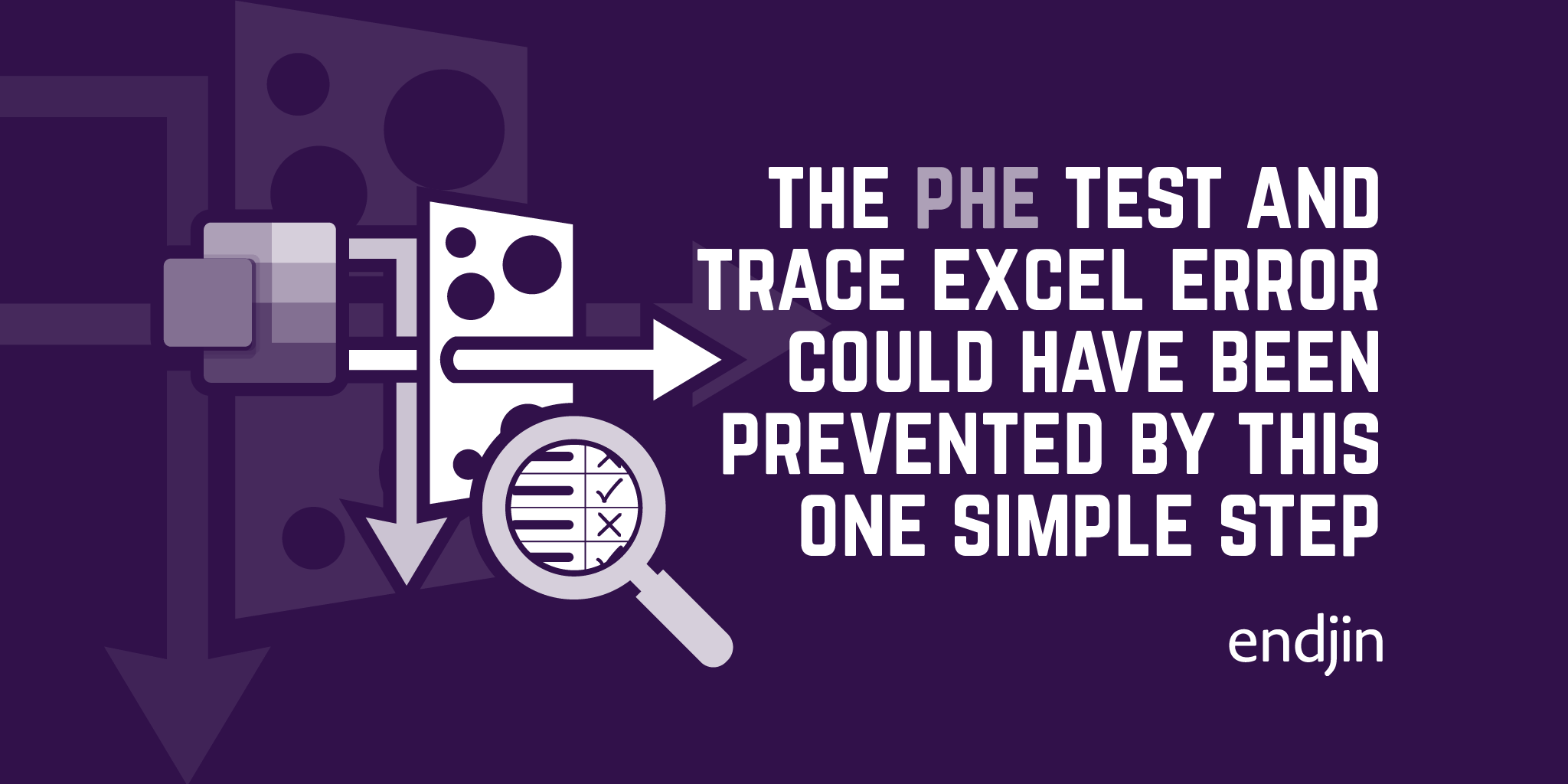
The Public Health England Test and Trace Excel error could have been prevented by this one simple step
Despite the subsequent media reporting, the loss of 16,000 Covid-19 test results at Public Health England wasn't caused by Excel. This post argues that a lack of an appropriate risk and mitigation analysis left the process exposed to human error, which ultimately led to the loss of data and inaccurate reporting. It describes a simple process that could have been applied to prevent the error, and how it will help if you're worried about ensuring quality or reducing risk in your own business, technology or data programmes.
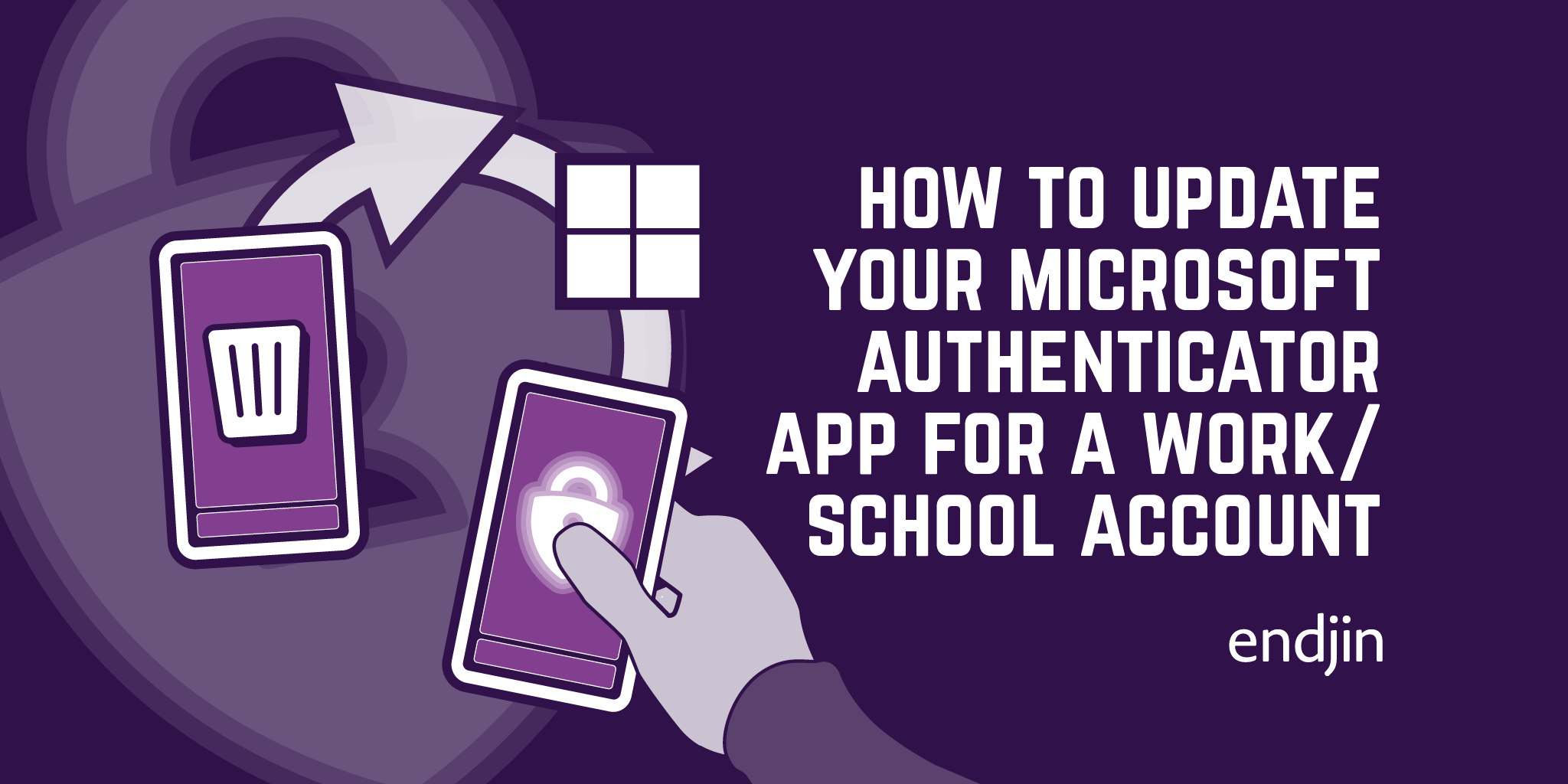
How to update your Microsoft Authenticator App for a work/school account
This post quickly runs through the steps for setting up a new Microsoft Authenticator App for a work or school account.
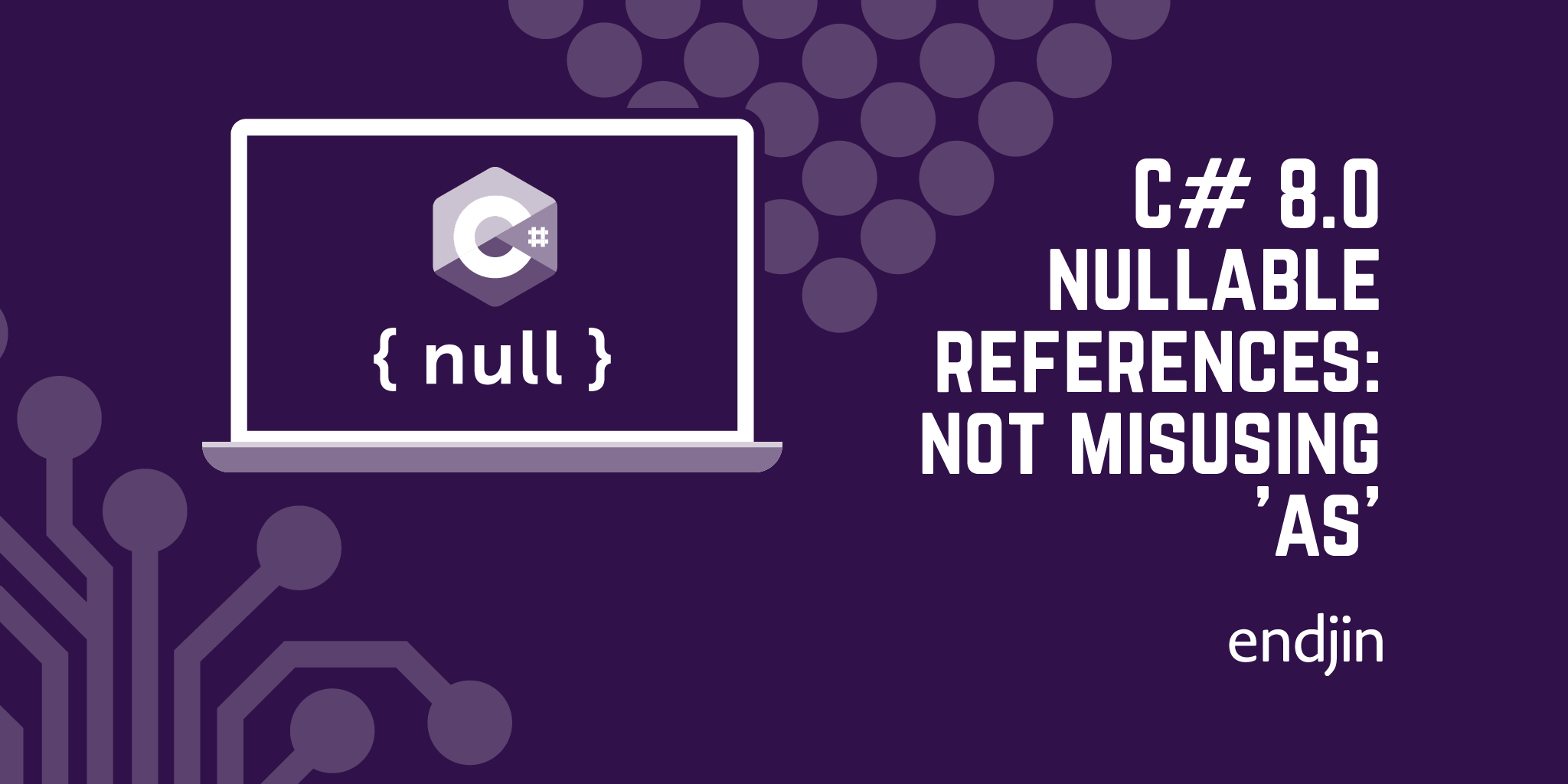
C# 8.0 nullable references: prepare today by not misusing 'as'
Prepare for using C# 8.0 nullable references by not misusing the 'as' operator.
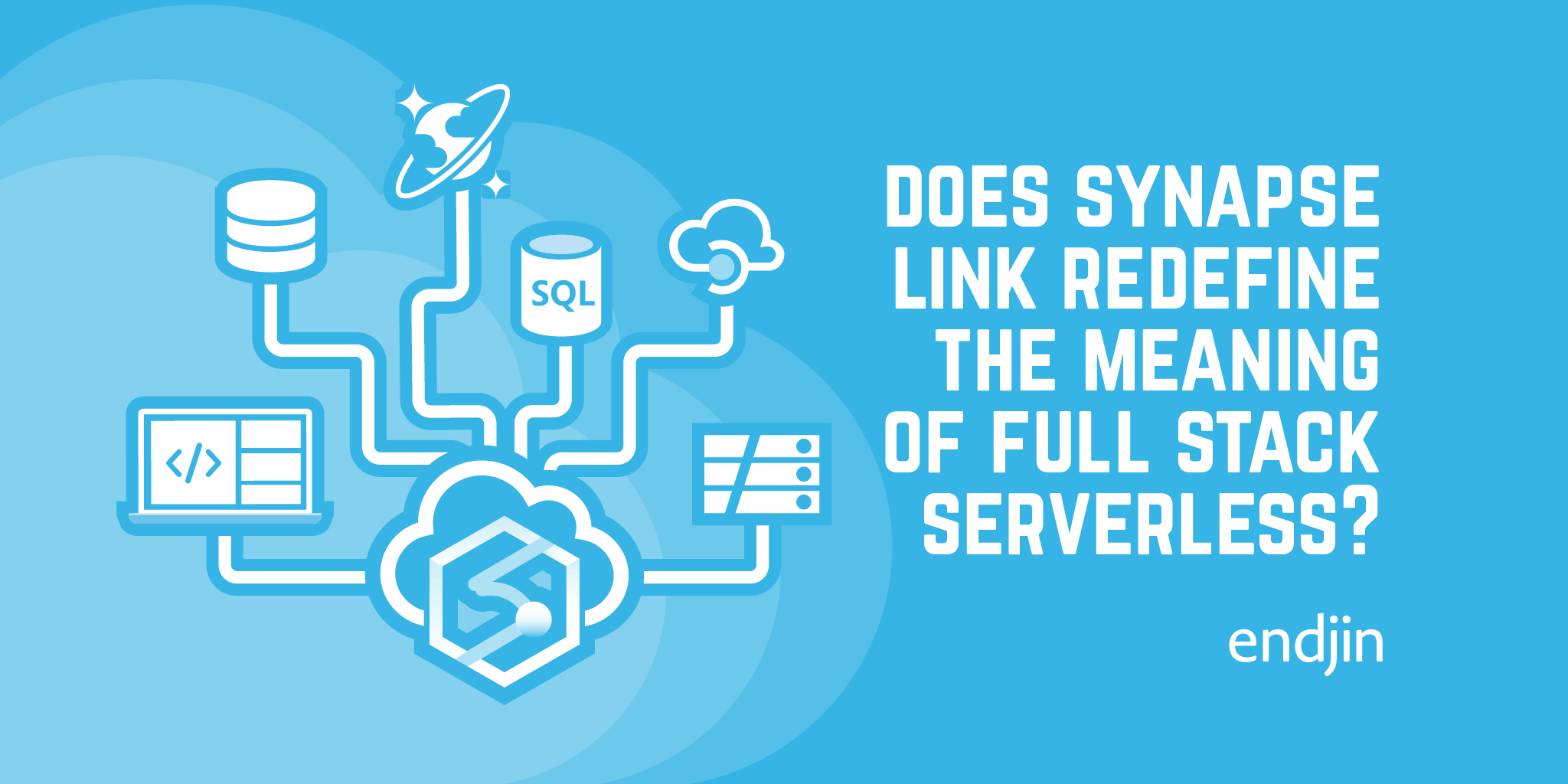
Does Azure Synapse Link redefine the meaning of full stack serverless?
Explore Azure Synapse Link for Cosmos DB's impact on 'full stack serverless', No-ETL, and pay-as-you-query analytics.
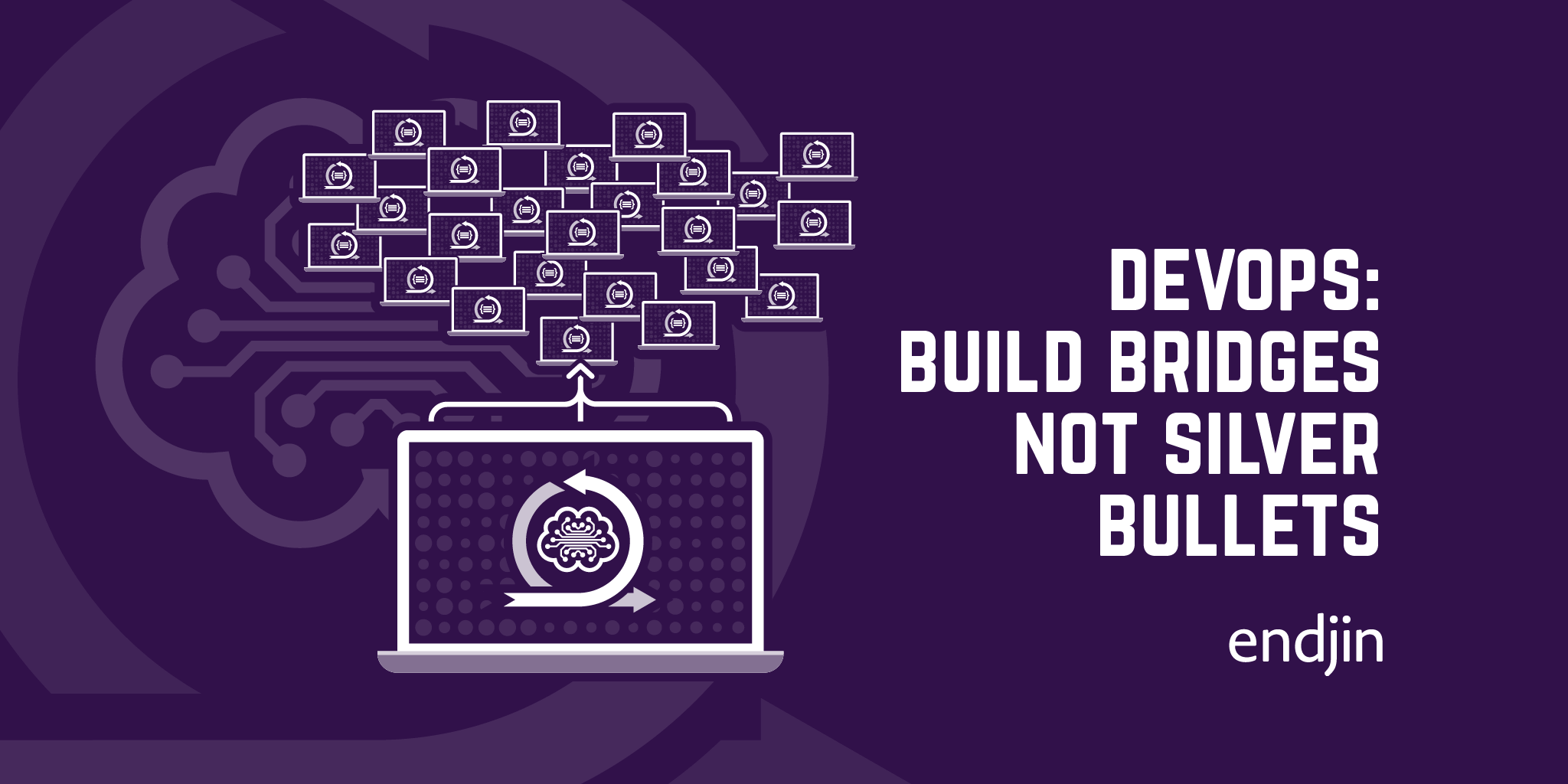
DevOps: Build Bridges not Silver Bullets
Building a system that solves even just 10% of a problem is a worthwhile endeavour, not just because of the value the 10% delivers but because its mere existence will lower the barrier-to-entry for your colleagues to collaboratively iterate on it - not so much 'Build it and they will come' as 'Build a road and they will come'
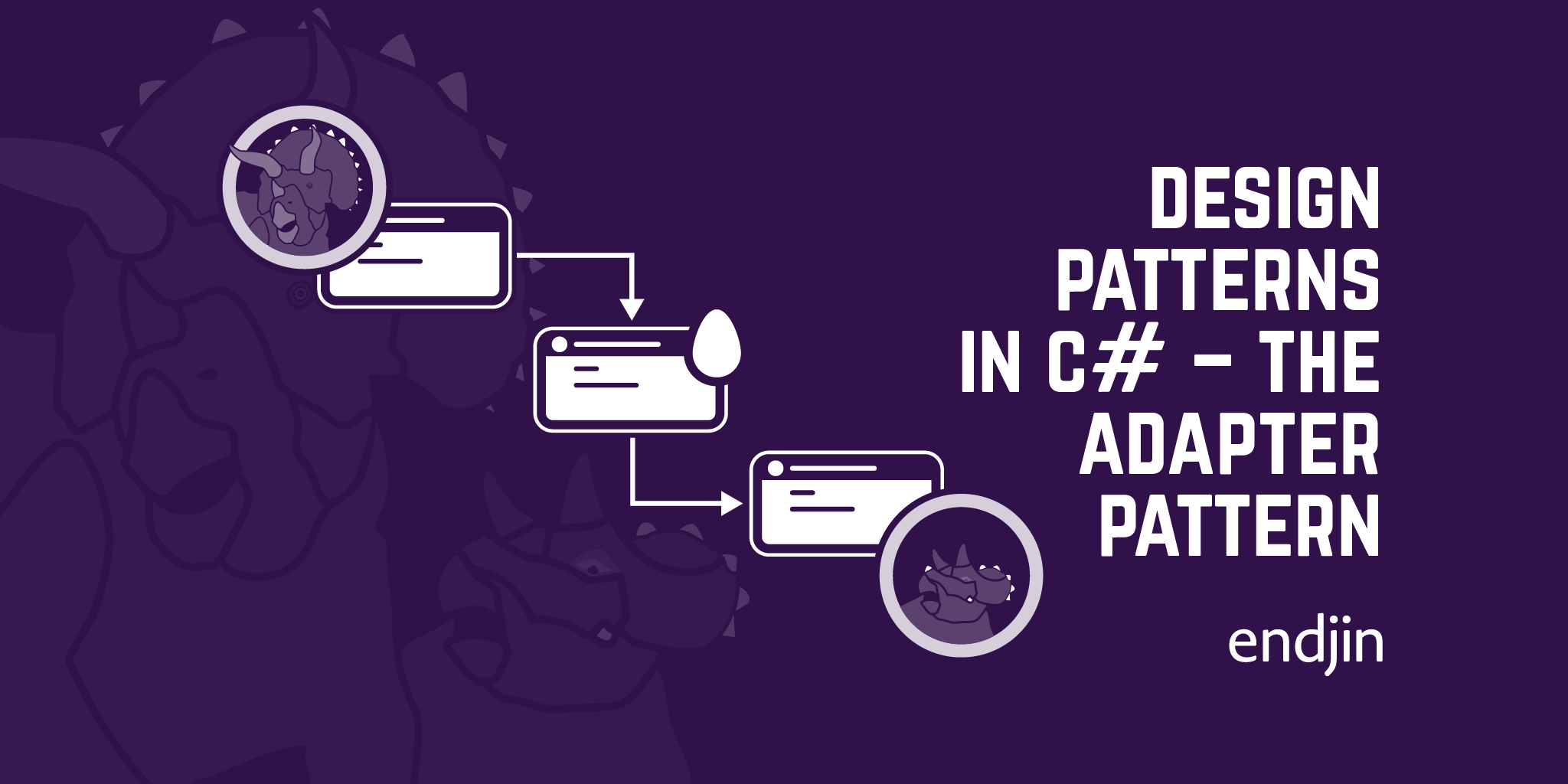
Design patterns in C# - The Adapter Pattern
Explore the adapter pattern in this design patterns series, enabling use of incompatible classes within your solution's interfaces/architecture.
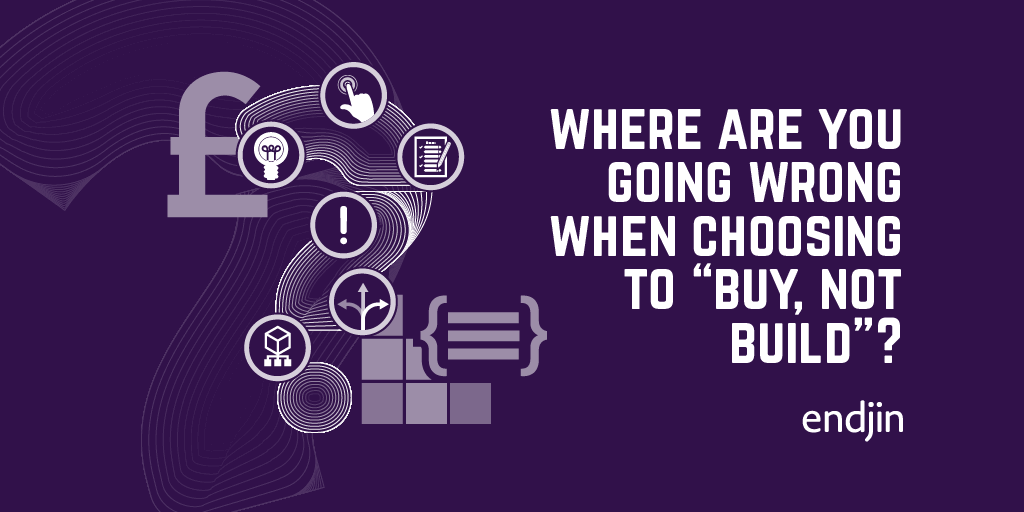
Where are you going wrong when choosing to buy, not build?
Often when building software we need to outsource part of the solution to a third party. Common examples include authentication, payment, and email, but there are many others. When first designing a solution the decision around which provider to use can be difficult to tackle. At endjin we have developed a system for answering the question "which provider should I use?".
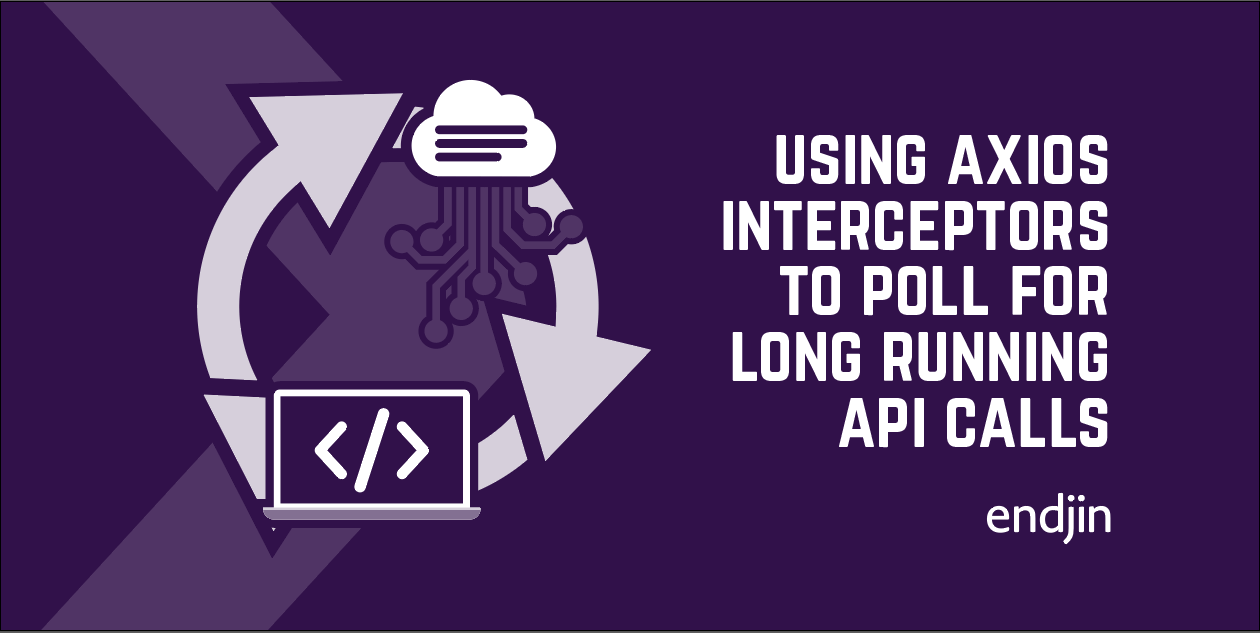
How to use Axios interceptors to poll for long running API calls
Explore using Axios interceptors to streamline UI logic for async HTTP APIs, addressing long-running operations and client coordination efficiently.
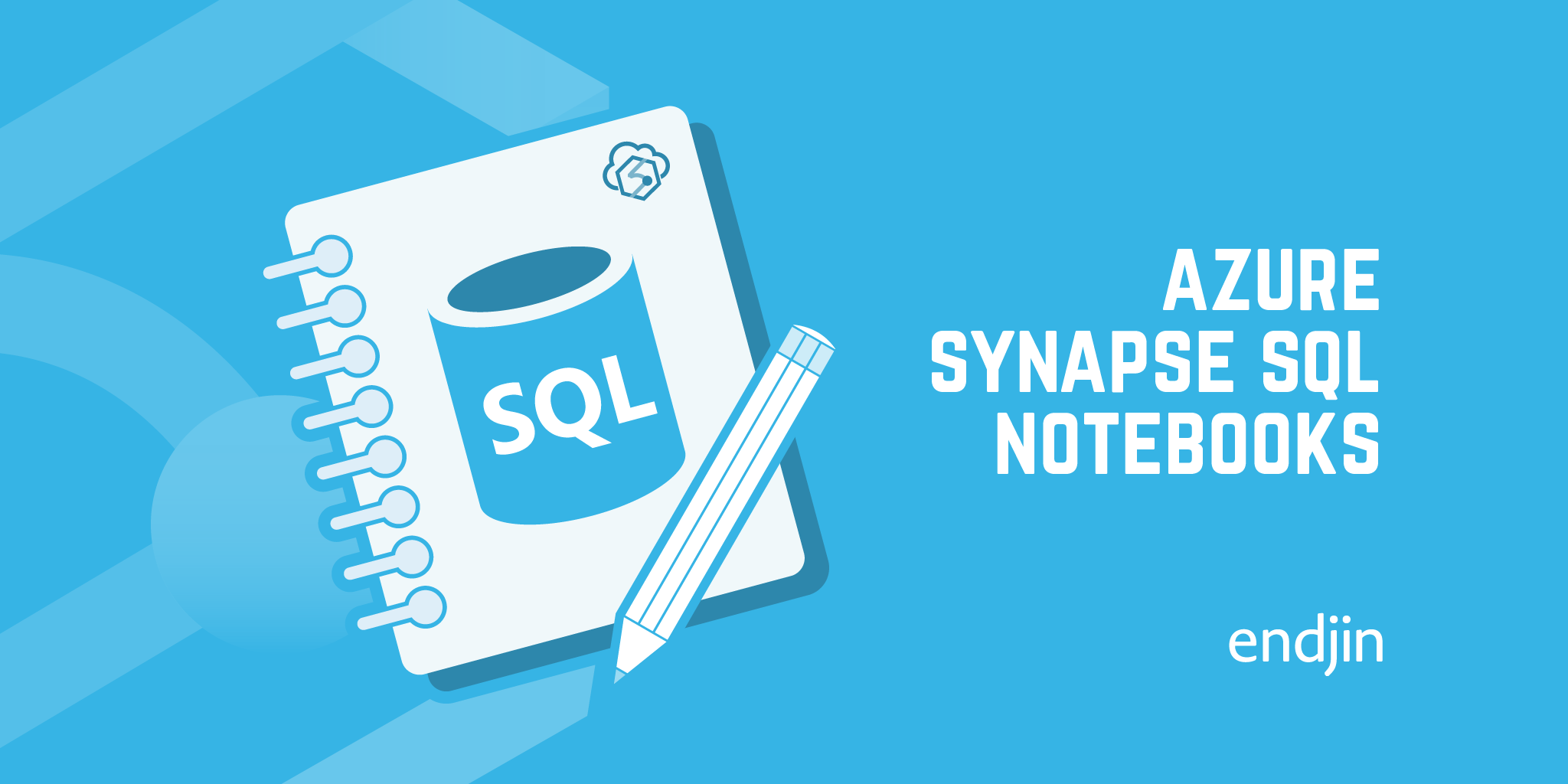
How to use SQL Notebooks to access Azure Synapse SQL Pools & SQL on demand
Wishing Azure Synapse Analytics had support for SQL notebooks? Fear not, it's easy to take advantage rich interactive notebooks for SQL Pools and SQL on Demand.
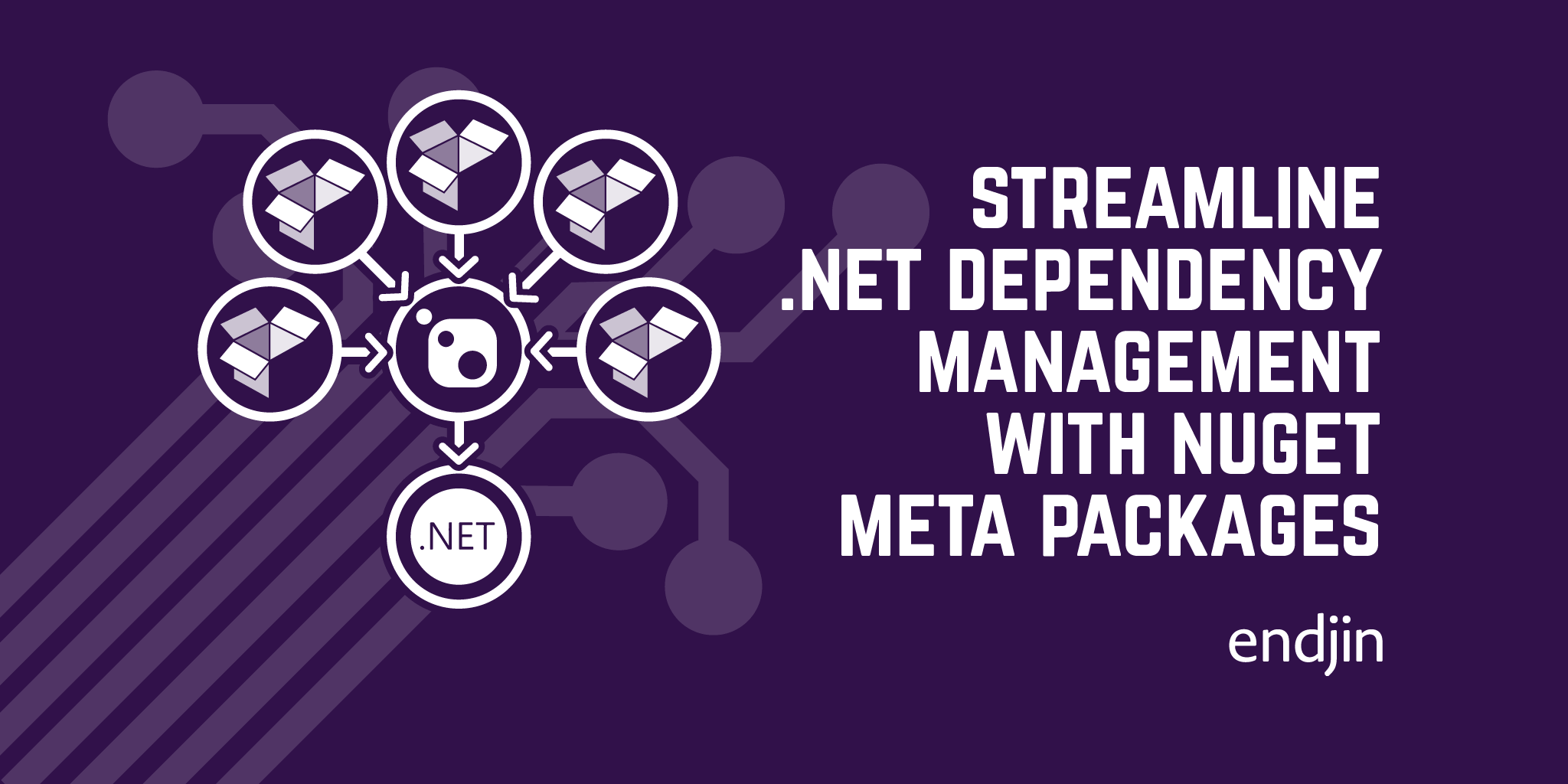
Streamline .NET Dependency Management with NuGet Meta Packages
Simplify dependency consumption & streamline integration with meta/virtual NuGet packages and tools like Dependabot.